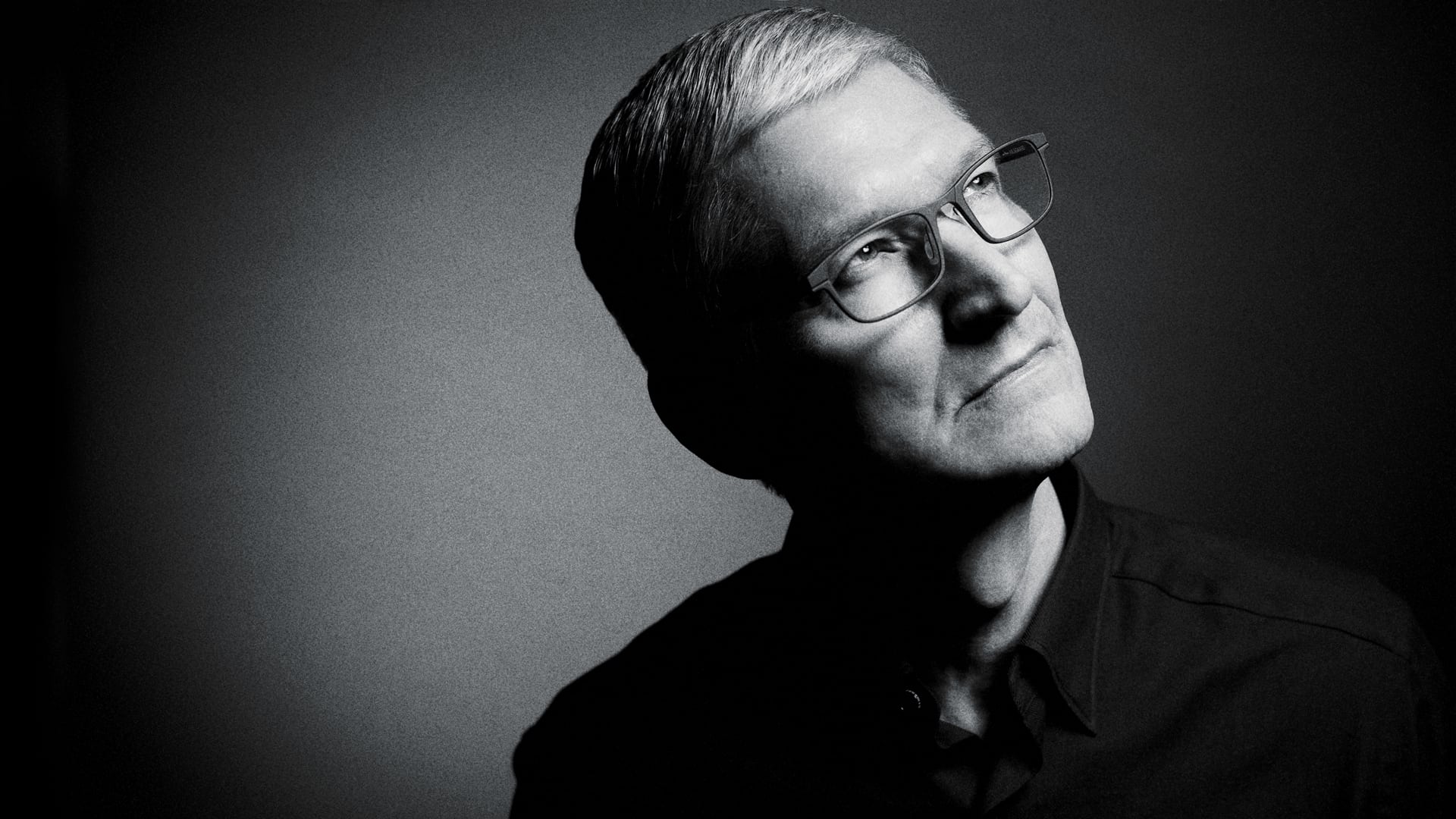Today is the final day of the Epic Games vs. Apple antitrust trial, and it looks like the judge overseeing the case wanted to lean into Apple’s chief executive a little bit.
Judge Yvonne Gonzalez-Rogers wrapped things up today as the trial came to a close, opting to ask Apple’s CEO, Tim Cook, some questions directly. Interestingly, while the trial has offered up plenty of evidence for both sides of the argument, the judge’s questions seemed to be on point for a very . . . Epic Games-side argument.
For instance, the judge spent several minutes questioning some of the statements Cook had made himself during his time on the stand. And while the questions, at least at face value, appear to be just trying to dig beyond the surface level comments, one could certainly make a case that Judge Gonzalez-Rogers seems to be leaning in an anti-Apple direction.

Specifically, it’s the way the questions are worded. For instance, the judge asked Cook, “You said you want to give users control, so what’s the problem with allowing users to have a cheaper option for content?” Cook responded by saying that the company wants to make sure that users have control over their data, while if they are looking for an alternative to the App Store and the digital storefront’s policies, they can always switch over to Android devices.
The judge did not seem all that fond that response from Cook, though. She went on to ask Cook what the issue really is when it comes to offering customers the ability to buy cheaper V-Bucks — the digital currently that Epic Games offers within Fortnite for buying in-game content. The judge suggested either in-app or allowing Epic Games to provide an obvious link to outside of the game itself.
Cook broke it down to the bare minimum, saying that if Apple did that then the company would be giving up its monetization. The chief executive pointed out to the judge that Apple has fees associated with the App Store, essentially to keep things running. That includes developing APIs for developers to use, processing fees, and a variety of other developer tools as well.
Judge Gonzalez-Rogers just kept piling on:
It’s almost as if they’re subsidizing everyone else.
That’s the judge drawing a line between apps that don’t offer in-app content, to those that do. So, in the judge’s eyes, those apps that do have in-app purchases (or an outright cost) are subsidizing other apps that don’t. She added:
You don’t charge Wells Fargo, right? But you’re charging gamers to subsidize Wells Fargo.
Cook said that having free apps in the App Store boosts traffic in the digital storefront, which can lead those same customers to discovering other apps that aren’t free, in one way or another. But Judge Gonzalez-Rogers did not appear to be having it, saying that Apple’s moves with the App Store, especially as it relates to charging some developers and not others, is a “choice.”
Cook admitted that, yes, there are other options the company could take to charge for access in the App Store, or just in general. However, the chief executive also said that he believes Apple has already made the best one, and that’s why they’re doing it how they are now.
Judge Gonzalez-Rogers conceded that Apple does do work to get people to those games available in the App Store. However, if customers stick with those games, and opt to spend money within them, then it’s the developers of those apps keeping them. Not Apple. The judge said that Apple is simply profiting off that relationship between the customer and the developer.
Cook argued:
I view it differently. We’re creating the entire amount of commerce on the store and we do that by getting the largest audience there. We do that with a lot of free apps, those bring a lot to the table.
Things got even more interesting when the judge brought up Apple’s decision to drop App Store fees for certain developers, don’t to 15% from the standard 30 percent. The judge told Cook that she believes Apple made this change not because of the coronavirus pandemic (which Apple cited at the time as one reason for the new rules), but rather because of the pending litigation against Apple.
For his part, Cook said that the decision was indeed because of COVID-19, but, also, he had the lawsuit in the back of his mind, too. From there, Judge Gonzalez-Rogers said that Google’s decision to drop fees within the Play Store was more about competetion, while Apple’s wasn’t.
At the tail-end of the questioning, the judge brought up potentially dissatisfied developers:
Rogers then asked Cook about a survey that found 39 percent of developers are dissatisfied with the App Store, which led to some of the most damning questioning of the trial. Cook said he wasn’t aware of the survey, but the fact that 40k apps are rejected per week leads to some friction because sometimes developers and users don’t have incentives that align with one another.
Cook said he wasn’t aware of the survey, but said that a lot of apps are denied from the App Store on a weekly basis (which is accurate), and that can cause friction between developers and Apple.
Based on how the trial ended, especially with how the judge overseeing the trial leaned into Apple’s chief executive, it’s definitely going to be interesting to see how this turns out.